South Sudan
Almost eight million people in South Sudan, or two-thirds of the troubled country’s population, are at risk of hunger according to a report published on Thursday by the United Nations.
‘The sad part that often we are not highlighting well, is the 1.4 million children that are malnourished. These are kids that, if the situation continues, their brain development could be destroyed beyond repair,’ said the FAO South Sudan country representative, Meshack Malo.
The Food and Agriculture Organization, the United Nations children's fund UNICEF, and the World Food Programme, blamed the situation on a combination of conflict, poor macroeconomic conditions, extreme climate events.
Situation aggravated by climate change
‘South Sudan is on the frontlines of the climate crisis and day in, day out families are losing their homes, cattle, fields and hope to extreme weather,’ said Makena Walker, acting country director for WFP in South Sudan.
The report said the spiralling costs of food and fuel, as well as a decline in funding for humanitarian programmes were also part of the problem.
‘Without humanitarian food assistance, millions more will find themselves in an increasingly dire situation and unable to provide even the most basic food for their families."
The UN said the proportion of people facing high levels of food insecurity and malnourishment ‘is at the highest level ever’, even surpassing levels seen during the conflict in 2013 and 2016.
The world's youngest country has grappled with deadly conflict, natural disasters, economic troubles, and relentless political infighting since it won independence from Sudan in 2011.




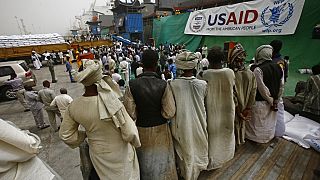

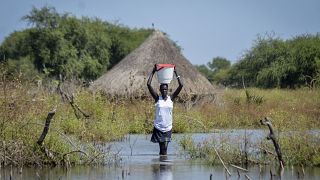
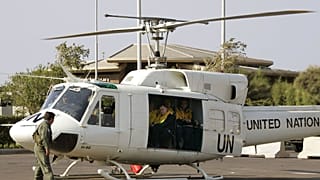
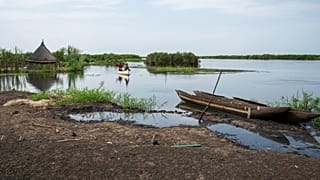
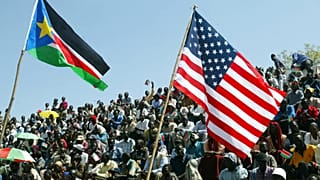
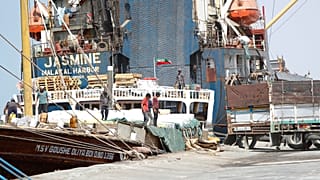
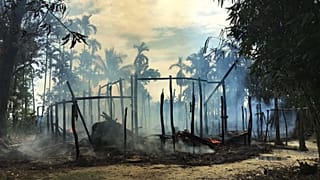

01:25
As Sudan marks 1,000 days of conflict, civilians continue to suffer
01:09
Trump orders US withdrawal from 66 international organisations under ‘America First’ policy
01:36
DRC, Liberia among five new non-permanent UN Security Council members
01:17
Israeli recognition of Somaliland is a 'calculated distraction,' Somali diplomat says
01:40
UN Finds dire conditions on first visit to Sudan’s el-Fasher since its fall
01:33
UN Security Council divided over Israel’s recognition of Somaliland